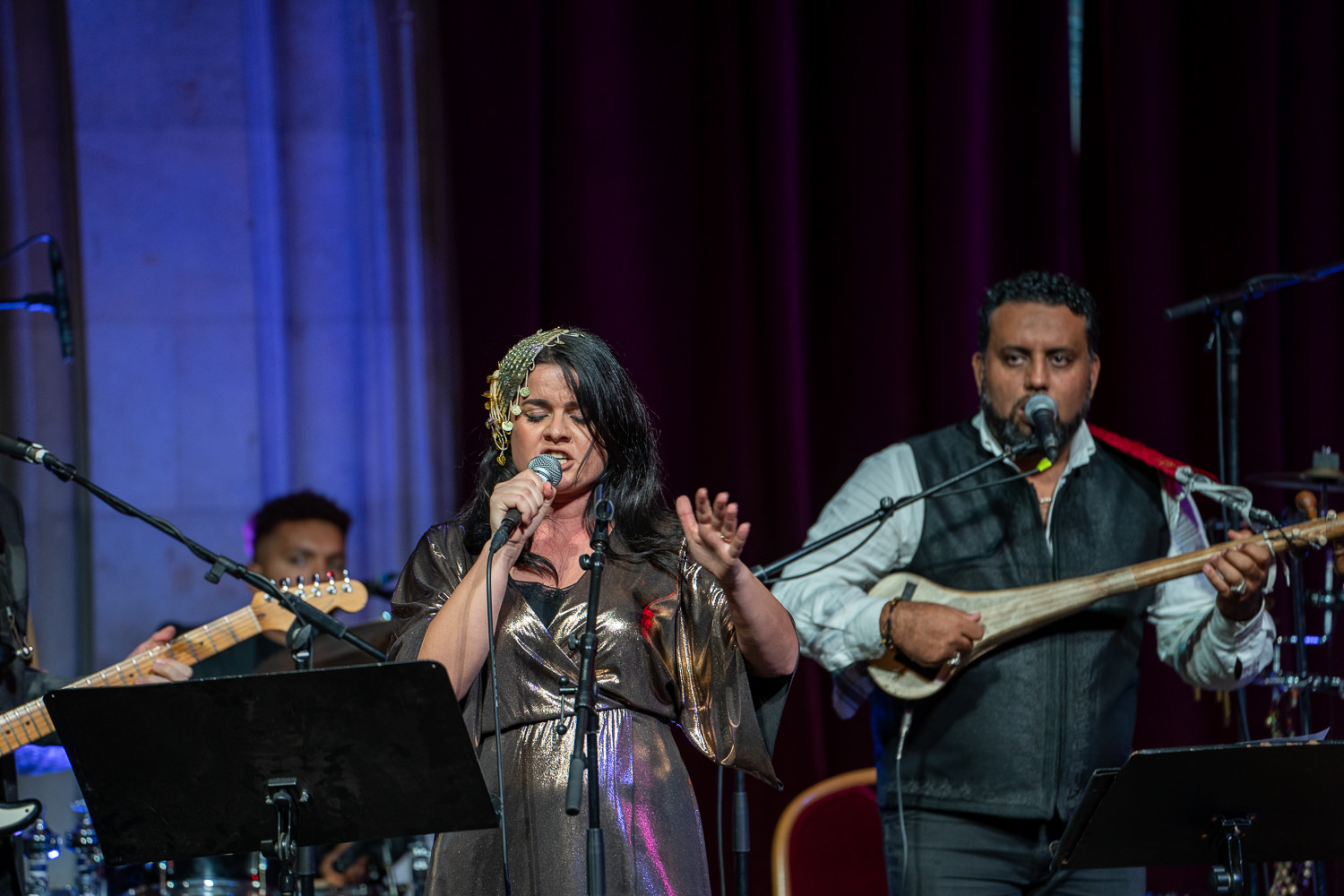The power of arts
in promoting human rights
What is the link between arts and human rights?
Artists thrive when their human rights are protected and when they do not fear violence or persecution.
Arts, on the other hand, can evoke powerful sentiments, tell compelling stories and inspire us to overcome barriers.
That is why arts took centre stage at the Fundamental Rights Forum 2021. Musicians, poets and performers reminded us how art can be a powerful driver for change.
They showed us how it can tackle hate and discrimination and promote equality and inclusion.
“This is music, this is integration. This is where integration starts. Being part of something, letting people in,” explained Udo Felizeter, the founder of the Open Piano for Refugees.
This Austrian organisation strives to integrate refugees through music. Last year, they taught 180 students from 22 different countries.
“We know that around 80% of them improved their German, gained confidence and feel better integrated,” said Felizeter.
That is why he thinks that we should build communities where everyone feels welcome. “You should be open to let people interact. This is the hardest part in integration and music does it,” he concluded.
But it is not just music that can help people be part of a society. It can be achieved through poetry too.
Poet Omar Khir Alanam arrived in Austria as a Syrian refugee. He now ranks among Austria’s best poetry-slammers and is a best-selling author – all in a language that he only started learning in 2015.
In his talk ‘For a more beautiful tomorrow’, he shared his story with the Forum participants and urged for more respect and less hate in our societies.
“We have to do something today to make sure tomorrow will be more beautiful. Because how we talk to each other today, how we treat each other, will determine how tomorrow will be,” said Khir Alanam.
The Belgian organisation Créahmbxl brought a captivating performance to the Forum, highlighting the power of arts in promoting human rights.
Créahmbxl gives people with mental disabilities an opportunity to express themselves through arts.
With various art workshops and performances, the organisation raises awareness of disability and encourages people to develop their creativity.
Many other performers echoed the message that arts and human rights mutually support each other.
Michael O’Flaherty, Director of the EU Fundamental Rights Agency, praised the effectiveness of arts in delivering human rights messages.
“Smart communication is about finding new and different voices to deliver the message. And my goodness, how very effective drama and music have been to convey human rights messages – arguably, the most effective communicators of us all,” concluded O’Flaherty.
Did you miss any of the Forum performances or session?
You can watch the Forum session recordings online.
Simply click on the session you are interested in watching in the programme.

Musician for Human Rights performing at the Fundamental Rights Forum 2021
©Voglhuber
Sign up for updates to stay well informed.
We will be publishing more information about the Forum outcomes soon.
